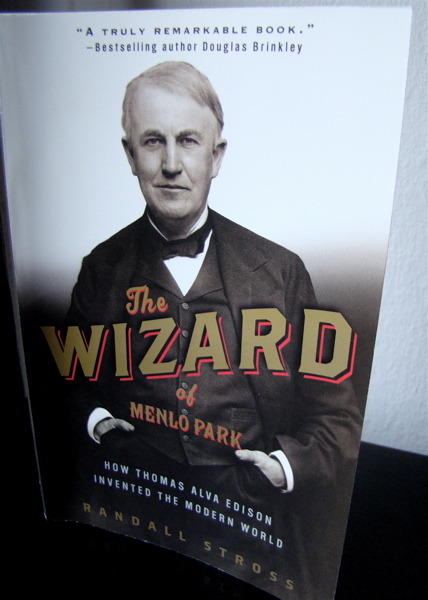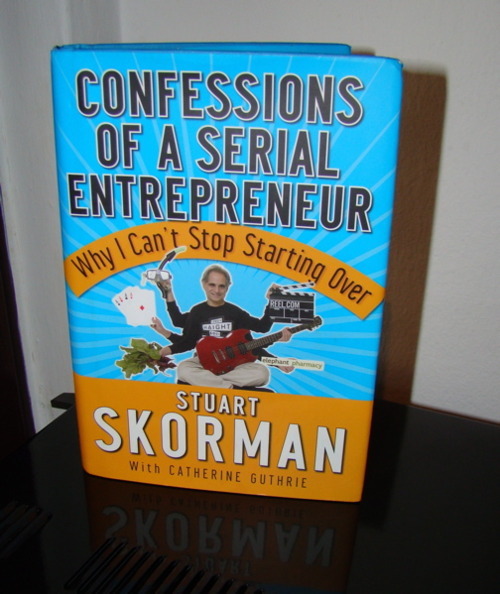I read an article a few months ago where the author complained that there isn’t much innovation outside of web and mobile applications. I thought about what makes them special and came to the conclusion that their initial investment is extremely low. I’m part economists therefore investment shouldn’t just be viewed as monetary investment. There are different costs and factors. I will take web application development as an example for this reasoning.
Educational Cost These include the costs of learning the techniques of your trade. Today, you can build simple web or mobile apps in less than a year without previous knowledge of programming. For programmers it’s even faster, maybe two or one month.
Capital requirements This is was a business major understands under initial investment. In the case of a web app it’s probably a hosting space and a domain. Maybe $5 per Month.
Administrative Cost Do you need any special certificates or are they any regulations? For web apps there aren’t any special restrictions.
Social Cost of Failure I think this is an important factor in more risk averse cultures, like in Europe. Let’s say you build a web app for two months, launch it and it fails. OK, happens often, no big thing.
Let’s compare this to some other, less innovative, industries like mechanical engine design. The educational costs are high, often you need some sort of advanced degree. The capital requirements are tremendous, you’ll need a work shop with very expensive equipment and so are the administrative costs with insurances, worker safety. The social cost of failure is increased because of the high capital requirements.
So how can these factors be reduced? One thing are definitely hacker spaces or shared work spaces. BioCurious provides the required equipment for the biotech endeavors (capital requirements). Furthermore, they provide classes to learn how to use this equipment (educational cost). This will also lower the social cost of failure.
I can imagine that this concept will be transfered to other industries like mechanical engineering, chemical processing, etc.


